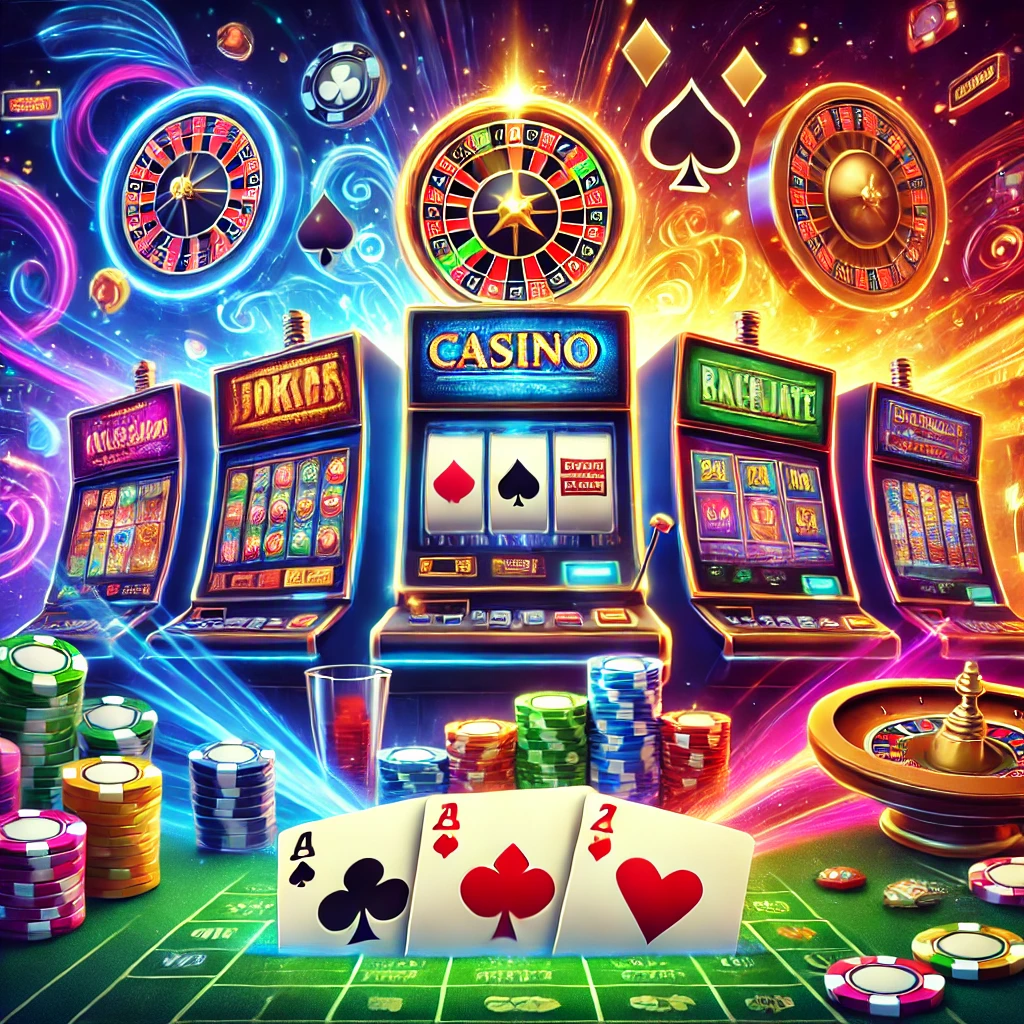Gambling can be an enjoyable and thrilling activity, but it’s essential to approach it responsibly. Understanding how to gamble responsibly and recognizing the signs of problem gambling are crucial for maintaining a healthy relationship with this pastime. Here are some practical tips and advice to help you stay in control.
Set Limits and Stick to Them
- Establish a Budget:
- Determine how much money you can afford to lose before you start gambling. Treat this amount as the cost of entertainment, not an investment.
- Tip: Use only disposable income for gambling, not money needed for essentials like bills or groceries.
- Set Time Limits:
- Decide in advance how much time you will spend gambling. Set an alarm or use a timer to help you stick to your schedule.
- Tip: Take regular breaks to avoid getting too absorbed and losing track of time.
- Loss Limits:
- Set a limit for how much you are willing to lose in a session. If you reach this limit, stop gambling immediately.
- Tip: Avoid chasing losses by trying to win back money you’ve lost.
Understand the Risks
- Know the Odds:
- Understand that gambling games are designed to favor the house. Be aware of the odds and probabilities involved in the games you play.
- Tip: Research and choose games with better odds to improve your chances of winning.
- Accept Losses:
- Accept that losing is a part of gambling. Don’t let losses affect your mood or encourage you to gamble more.
- Tip: Keep a positive attitude and view gambling as a form of entertainment rather than a way to make money.
Recognize the Signs of Problem Gambling
- Behavioral Changes:
- Watch for changes in behavior, such as gambling more frequently, increasing bet sizes, or becoming irritable when not gambling.
- Tip: Keep track of your gambling habits and seek help if you notice concerning patterns.
- Financial Troubles:
- Pay attention to financial difficulties that arise from gambling, such as borrowing money to gamble or neglecting financial obligations.
- Tip: Monitor your spending and ensure gambling does not interfere with your financial stability.
- Emotional Distress:
- Be aware of feelings of guilt, anxiety, or depression related to gambling.
- Tip: Talk to friends, family, or a professional if gambling is causing emotional distress.
Strategies for Responsible Gambling
- Avoid Alcohol and Drugs:
- Avoid gambling under the influence of alcohol or drugs, as these can impair judgment and lead to poor decision-making.
- Tip: Stay sober to ensure you make rational and informed choices while gambling.
- Don’t Gamble When Upset:
- Avoid gambling when you are feeling stressed, depressed, or upset. Emotional states can negatively impact your gambling decisions.
- Tip: Engage in other activities that can help improve your mood and well-being.
- Seek Support:
- Don’t hesitate to seek support if you believe you have a gambling problem. Many organizations offer help and resources for problem gamblers.
- Tip: Contact organizations like Gamblers Anonymous or the National Gambling Helpline for assistance.
Resources for Help
- Gamblers Anonymous (GA):
- A fellowship of individuals who share their experiences to help others recover from gambling addiction.
- Website: Gamblers Anonymous
- National Gambling Helpline:
- A confidential helpline offering advice and support for individuals affected by gambling.
- Phone: 0808 8020 133
- Website: BeGambleAware
- Gambling Therapy:
- Provides online support and resources for problem gamblers and their families.
- Website: Gambling Therapy
Conclusion
Responsible gambling is about enjoying the activity without letting it negatively impact your life. By setting limits, understanding the risks, recognizing the signs of problem gambling, and seeking support when needed, you can maintain control and enjoy gambling as a form of entertainment. Remember, the key to responsible gambling is to play for fun, stay within your limits, and seek help if you need it.
















